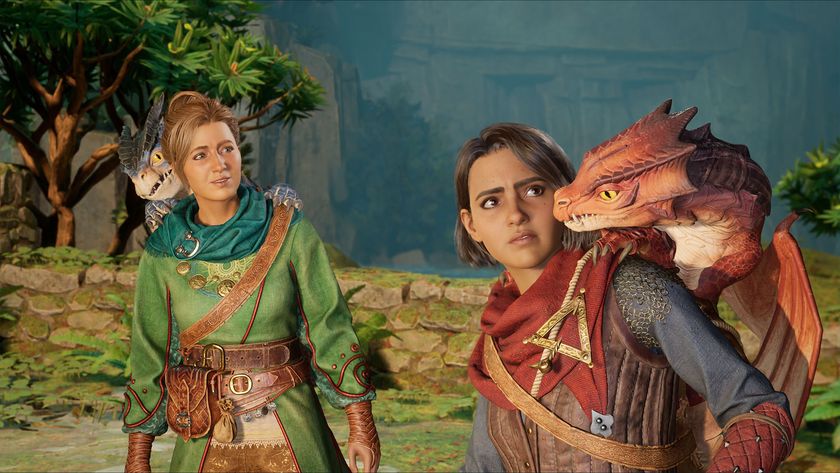12DOVE Verdict
Steven Spielberg turns the camera on himself. This carefully calibrated look at the making of a master evokes wonder.
Why you can trust 12DOVE
There’s a scene in Steven Spielberg’s period drama The Fabelmans where parents Burt and Mitzi (Paul Dano, Michelle Williams) sit down with teenager Sammy (Gabriel LaBelle) and his three younger sisters to tell them they’re getting a divorce. It’s heartbreaking, as distressing to a nuclear family as the threat of the bomb that hung over America at the time. Then, mid-announcement, the footage flickers as it turns into grainy 16mm and Sammy imagines himself dispassionately filming the scene for a movie.
We know that Spielberg’s parents really did get a divorce and it’s informed a good deal of his work as a filmmaker, with themes of absent fathers, physically or emotionally, to be found in Close Encounters of the Third Kind, E.T. The Extra-Terrestrial, Hook and more. But did young Steven really experience such a moment in such a way and then wait until his 34th feature, when he was in his mid-70s, to actually recreate it?
Perhaps, perhaps not… this movie, though autobiographical, is not titled ‘The Spielbergs’, and the choice of substitute name clues viewers into the fact that Spielberg, ever the storyteller, is here liable to sprinkle events with artistic license. What is it that the newspaper editor says in The Man Who Shot Liberty Valance, a movie we spy Sammy watching with his pals? "Print the legend."
- Adrien Brody and the cast and director of The Brutalist on their Oscar-nominated movie: "To make great cinema, you have to be vulnerable"
- Jesse Eisenberg and Kieran Culkin on their bittersweet new movie A Real Pain and resisting advice from "a big Hollywood director" to "make a billion dollars" with a happy ending
True or not, it says a lot about how artists filter the world and process pain. Just look at the film’s opening events: in January 1952, the young(er) Sammy (Mateo Zoryan Francis-DeFord) is taken to the pictures to see DeMille’s The Greatest Show on Earth. Replays of the climactic train wreck awaken him screaming in the night, and only by restaging it with a model train, and filming it on his dad’s camera, can he package his emotions. Film, he discovers early, offers a neat frame to hold everything in place. It’s also a whole lot of fun, and soon he’s wrapping his siblings in toilet roll to make his very own mummy movies.
The Fabelmans tracks the next 13 years of the family’s lives, as they move from New Jersey to Arizona to North Carolina, with Burt, a computer science whiz, chasing better-paid jobs at General Electric and IBM. Mitzi, a talented pianist, endures bouts of depression, and though she and Burt clearly share a good deal of love, she can only truly be herself with (honorary) Uncle Benny (Seth Rogen).
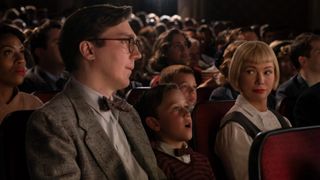
Burt is a good man but also a rather ineffectual one, who persistently derides his son’s "hobby", imploring him to stop with the movies and "make something real." As for Sammy, his DIY efforts, replete with inventive effects, grow ever more ambitious, and he will soon learn of cinema’s power to not just move people but to shape them, too. "Family. Art. It will tear you in two," Sammy is told by his Great Uncle Boris (Judd Hirsch, popping in to steal a couple of scenes); duly, The Fabelmans weighs up the cost of artistic endeavor and the obsessive commitment it requires.
At times, making pictures seems trivial. Why bother when your folks are separating, or antisemitic bullies at school are making your life a daily hell? Such concerns recall the feeling of insignificance that the great stage actress Elisabet Vogler (Liv Ullmann) wrestles with in Bergman’s Persona, when images of the Vietnam War play on her TV. But then maybe art is of vital importance, a way to make sense of trauma or escape it altogether for a precious couple of hours…
Williams as Mitzi has rightly been the performer talked up for an Oscar – the screenplay by Spielberg and regular collaborator Tony Kushner (West Side Story, Lincoln) grants her some of the film’s strongest scenes, and boy does she deliver. But the performances are uniformly strong, with LaBelle aided by being a dead ringer for a young Spielberg.
And while you could perhaps question whether Janusz Kaminski’s lensing is too archly artful for such an episodic film pulled from life (might it have benefitted from a more naturalistic approach?), we again come back to the theme of filmmaking, and to that title: if this is truth, it’s varnished. And so it is that Spielberg, for all the pain on show, of course manages to find great compassion for the flawed people involved (this film suggests he has learned to forgive his father, whom he’s previously blamed for the breakup), and to steer events towards something of a happy ending. It’s who Spielberg is, his optimism as much a part of him as his innate grasp of storytelling and his virtuoso technique.
So while some might have preferred this story with its edges unsmoothed, The Fabelmans is better viewed as the tale of how Spielberg’s personal values inform his every artistic decision, and how he became who he is: The Greatest Showman On Earth.
The Fabelmans is out in UK cinemas from January 27. For what else is coming out soon, check out our guides to 2023 movie release dates.
More info
| Genre | Drama |
Jamie Graham is the Editor-at-Large of Total Film magazine. You'll likely find them around these parts reviewing the biggest films on the planet and speaking to some of the biggest stars in the business – that's just what Jamie does. Jamie has also written for outlets like SFX and the Sunday Times Culture, and appeared on podcasts exploring the wondrous worlds of occult and horror.
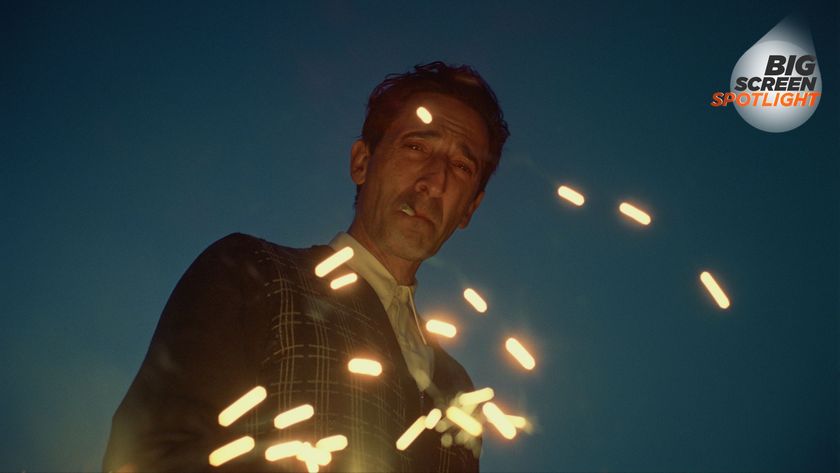
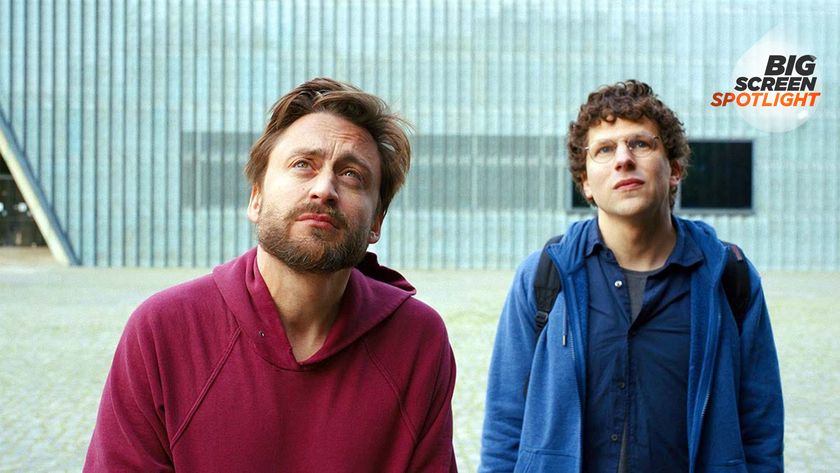
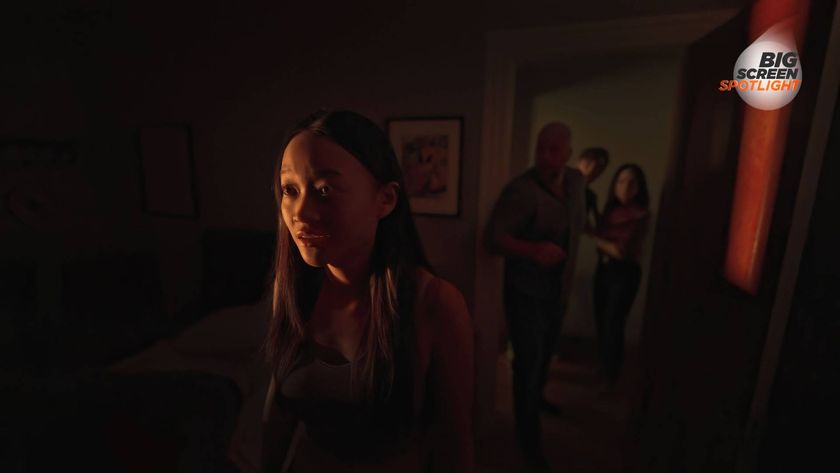
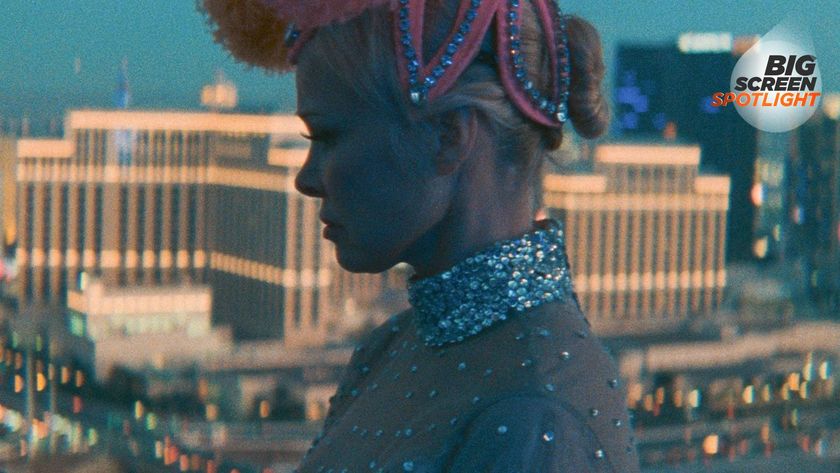
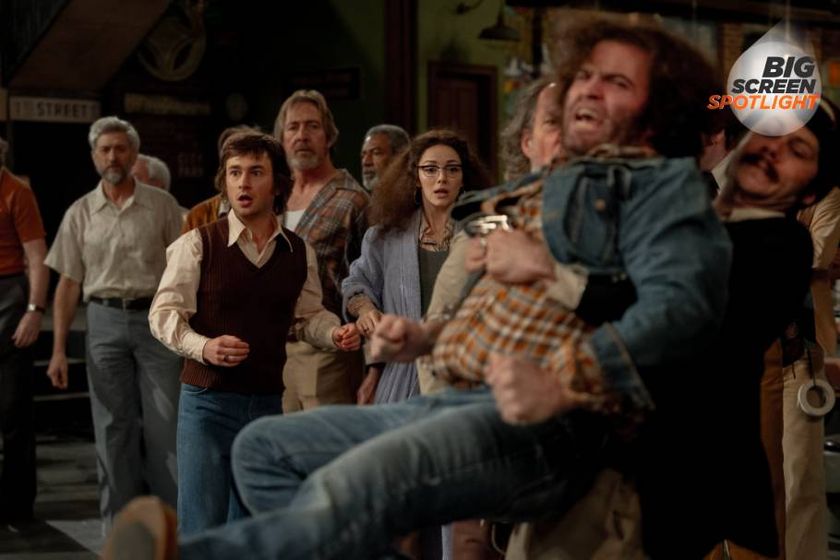
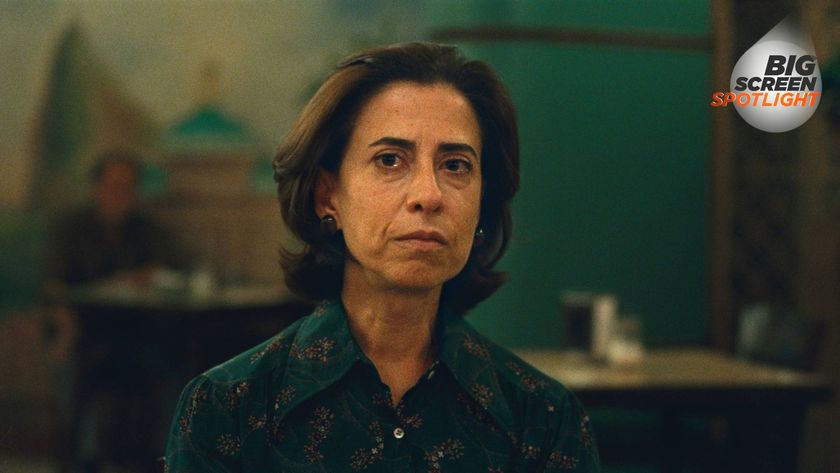
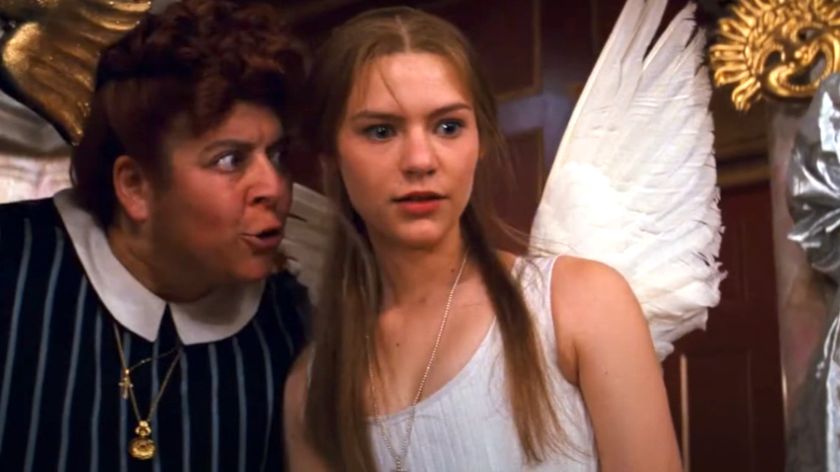
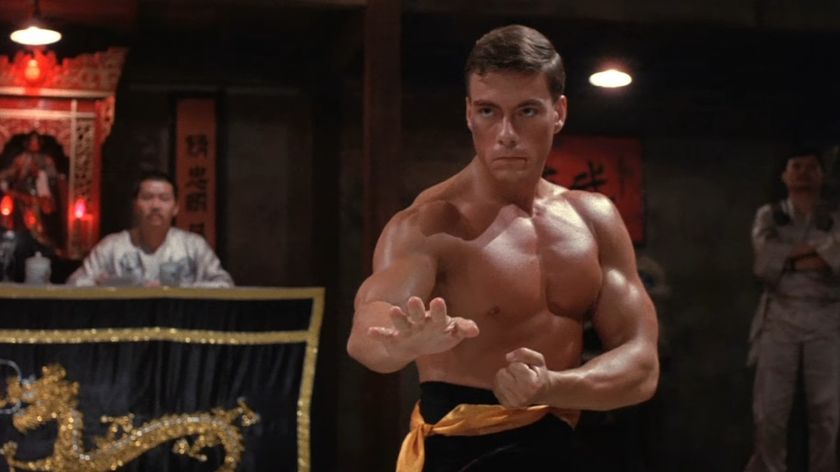
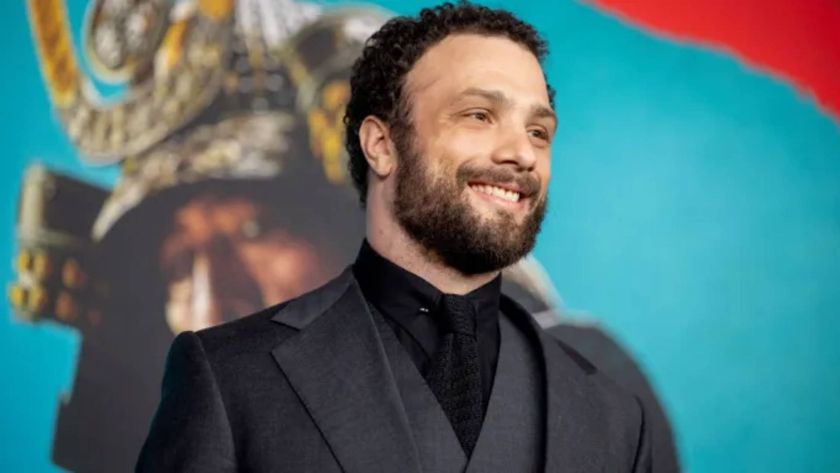
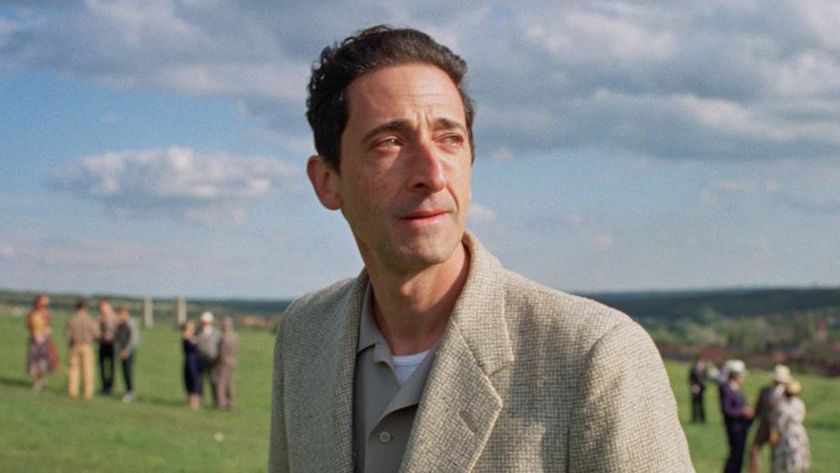
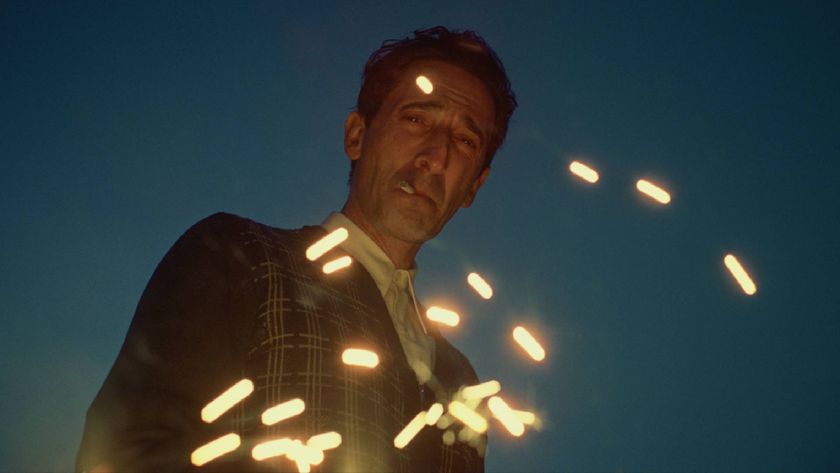


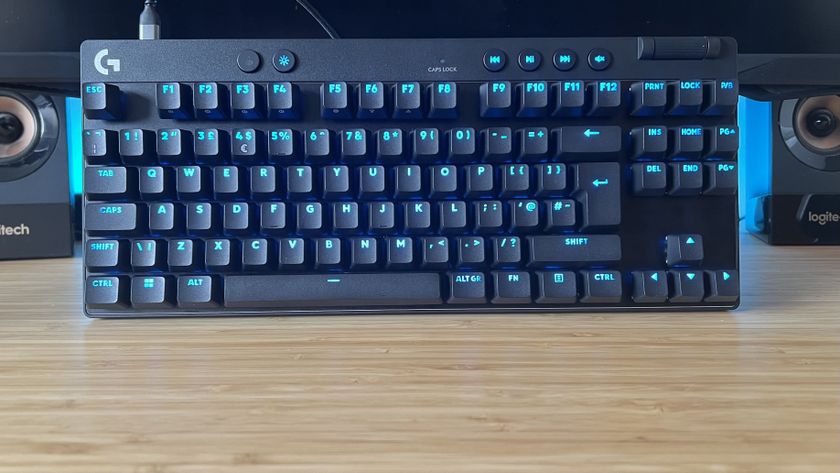
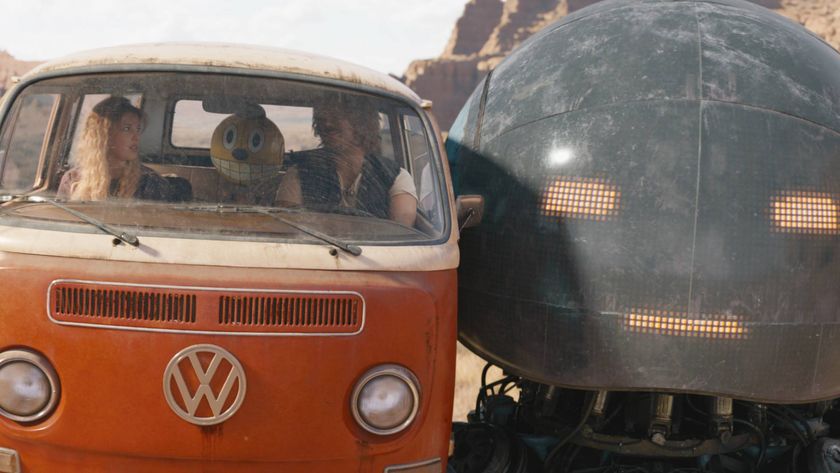
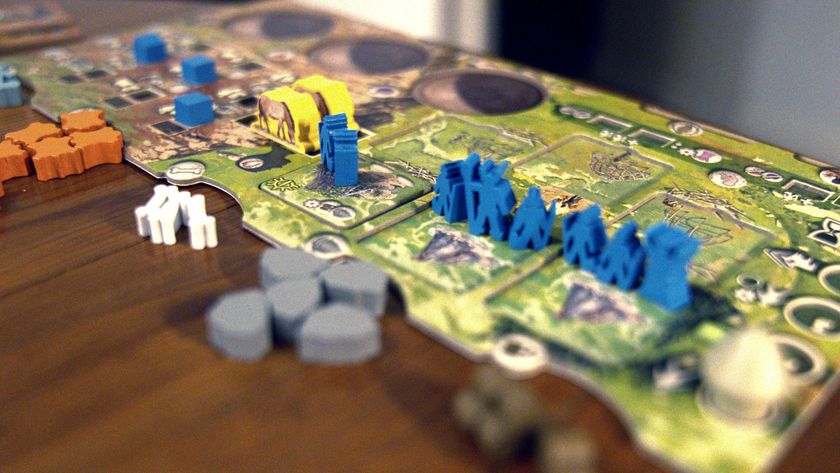

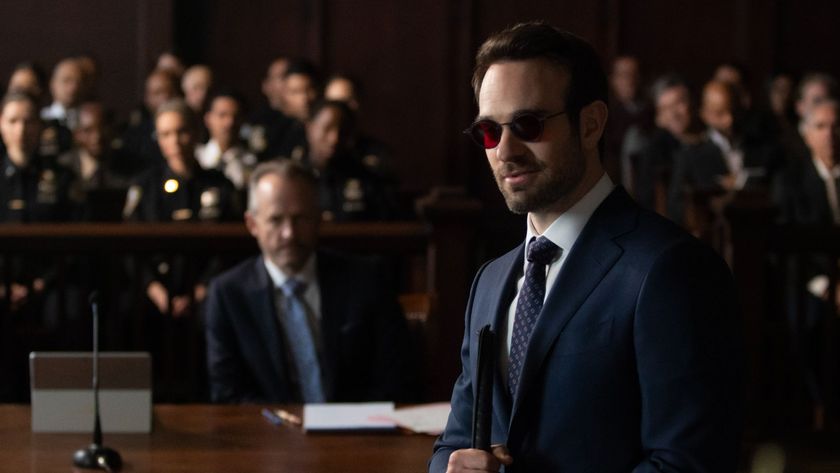
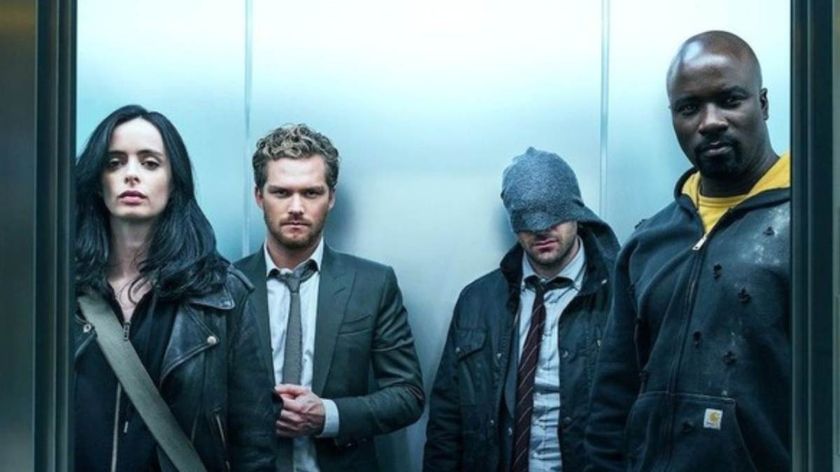
Marvel fans are discussing which of the Netflix series characters would have survived the Blip

PUBG creator's wilderness survival game actually draws inspiration from an unexpected place - a whole raft of zombie games like DayZ, Project Zomboid, and Left 4 Dead

The Witcher 3 devs created a Jekyll & Hyde-style character for their new vampire RPG "because nobody yet has done that"
